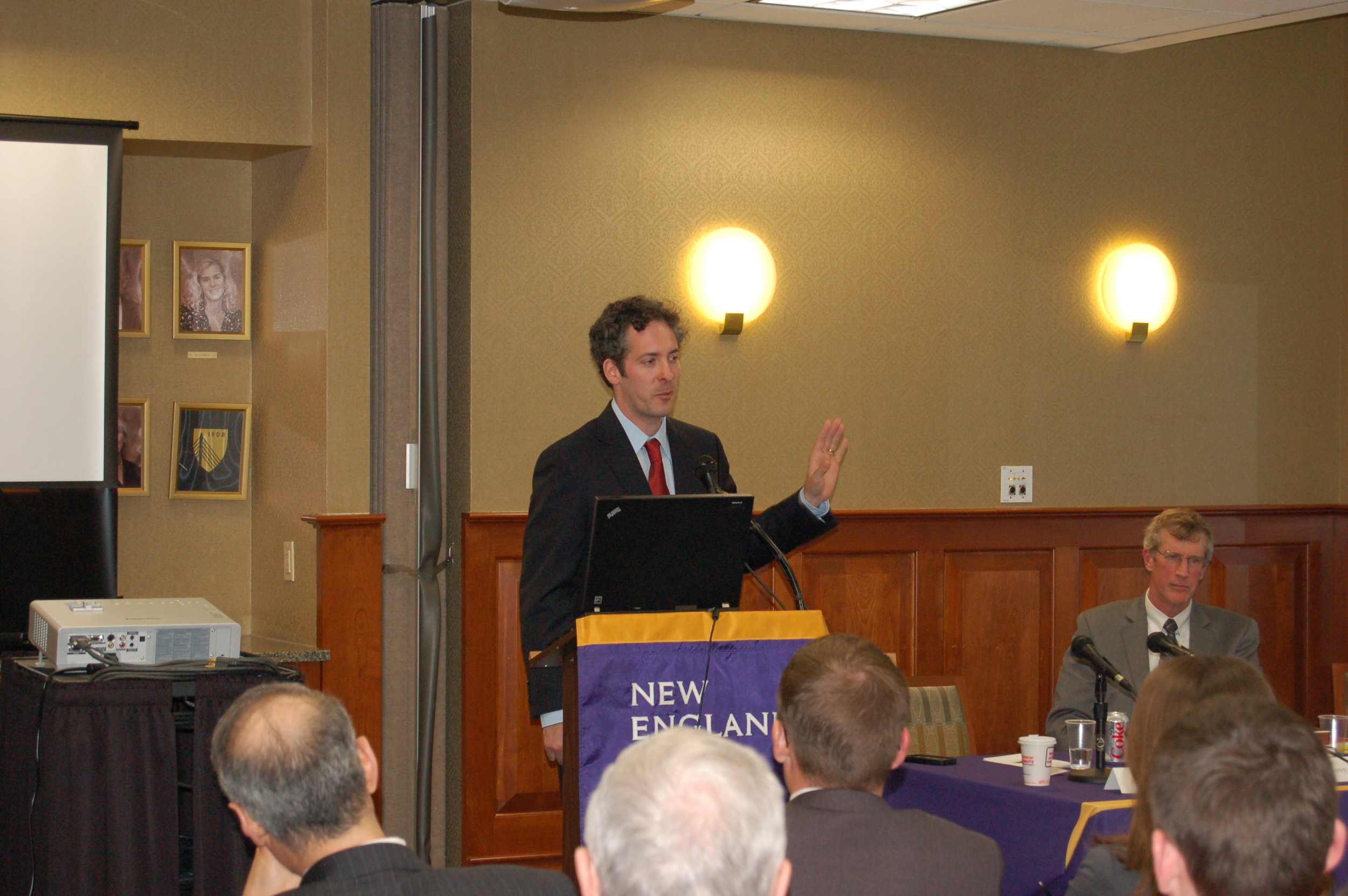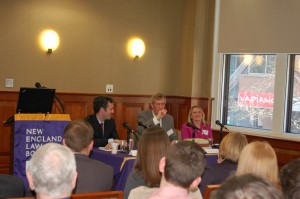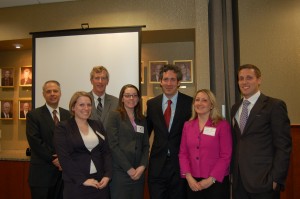John Grega with his family immediately following his release.
Case Update
Vermont Man Freed After Spending 18 Years in Prison for a Crime He Did Not Commit
Earlier this week, John Grega was finally released from prison, after serving 18 years in prison for a crime he has always maintained that he did not commit. Gretchen Bennett, NEIP’s Executive Director, and Vermont attorney, Ian Carleton, joined the Grega family to greet Mr. Grega as he walked free for the first time in almost two decades.
Mr. Grega was convicted in 1995 of killing his wife while they were on a family vacation with their 2 ½ year old son in West Dover, Vermont. Mr. Grega had no criminal record and no history of violence or mental illness, but police soon focused on him as a suspect in his wife’s murder. There were no witnesses to the crime and no physical evidence introduced at trial; Mr. Grega was convicted on circumstantial evidence alone and was the first person in Vermont’s history to receive a sentence of life in prison without the possibility of parole.
On September 2, 2011 the Superior Court of Vermont directed the State to test previously untested biological samples. On May 14, 2012 the Vermont Forensic Laboratory concluded that John Grega was excluded as the source of the major contributor of DNA in the most relevant sample. Prosecutors working on the case agreed that in light of the recent DNA results, Mr. Grega is entitled to a new trial.
John Grega has been released on bail and will stay with his mother under a conditional release until the possible new trial.
NEIP will continue to work with attorney Ian Carleton to clear Mr. Grega’s name and secure his unconditional release.



